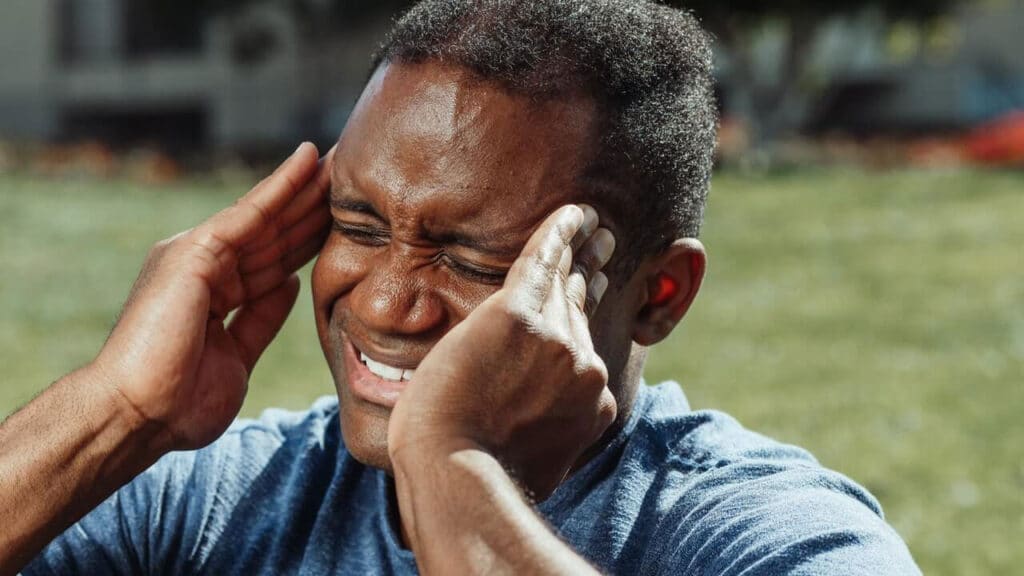Some people are born with brains in perfect health. Then they undergo a trauma, like an assault, sports injury or car accident. Acquiring a brain injury can have a profound impact on every part of your life, and like so many aspects of the brain, it’s an area where we still have lots to learn.
Traumatic brain injuries (TBIs) are those caused by any kind of external mechanical force. It could be a blow to the head, whether blunt impact or penetrating. It may involve the head suddenly accelerating in motion or coming to an abrupt stop. Perhaps it’s exposure to the blast radius of an explosion. TBIs can be mild, moderate or severe and temporary or permanent in their effects, but we can’t always see them with neuroimaging.
Exactly how a traumatic brain injury impacts you depends on the part of the brain damaged, as well as the severity and whether it’s focal or diffuse (confined to a small area or spread out). Some of the most frequent symptoms include problems with memory and concentration. Uncharacteristic moods and behaviors are also common. Physical symptoms may include headaches, dizziness, nausea, fatigue, blurred vision, ringing in the ears, speech issues and sleep disturbance. The worst cases may involve a loss of consciousness.
It’s pretty obvious if someone loses their ability to speak or starts having seizures, but things like mood swings are a bit harder to define. Combine that with the difficulties of diagnosis and it’s possible that lots of people with mild traumatic brain injuries don’t even realize that a damaged brain is the reason for their problems. This is significant because even mild symptoms can have a considerable impact on relationships, school and work. They also increase the likelihood of negative encounters with the criminal justice system.
Just as causes and symptoms of traumatic brain injuries are complicated, so is the treatment process. Rehabilitation can take a long time and doesn’t come with any guarantee of success. Early identification and intervention are the most important things, but longer-term approaches may involve physical, behavioral, occupational and speech therapy as well as help with any associated depression, PTSD or other mental health problems.
Some people can live normal lives after a TBI, while others will experience lifelong disabilities. It’s important to ensure that identification and support are available as quickly and easily as possible.




